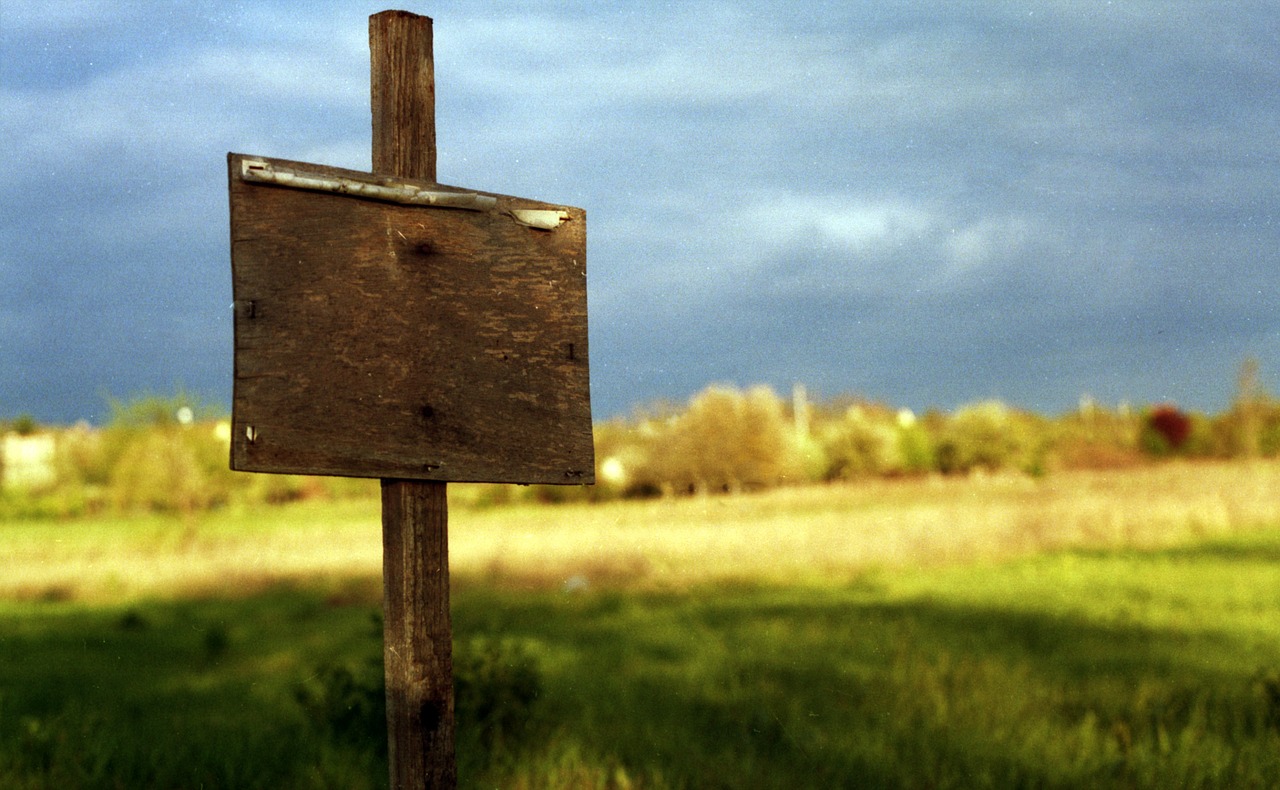Thai law states that foreigners may not own land; however, they can purchase the right of freehold ownership for a building that sits on the land. Most reputable property developers can offer leasehold and freehold alternatives.
Foreigners can purchase the land as leasehold and the property that sits on this land as freehold. In the past, if a foreigner operated a limited company, then the ‘company’ could purchase the freehold of the land. This is not practised today.
Before signing a leasehold agreement, the lessee must state clearly the intended use of the land; whether it is building a house or a commercial premises.
One of the significant leasehold downfalls is that the right of possession and the contract ceases upon the death of the lessee. The rights are not transferable by inheritance. The lease agreement should include a succession clause even though this does not offer any guarantee for the lessee’s heirs.
International Business Consultants can advise you on the laws as they change.

